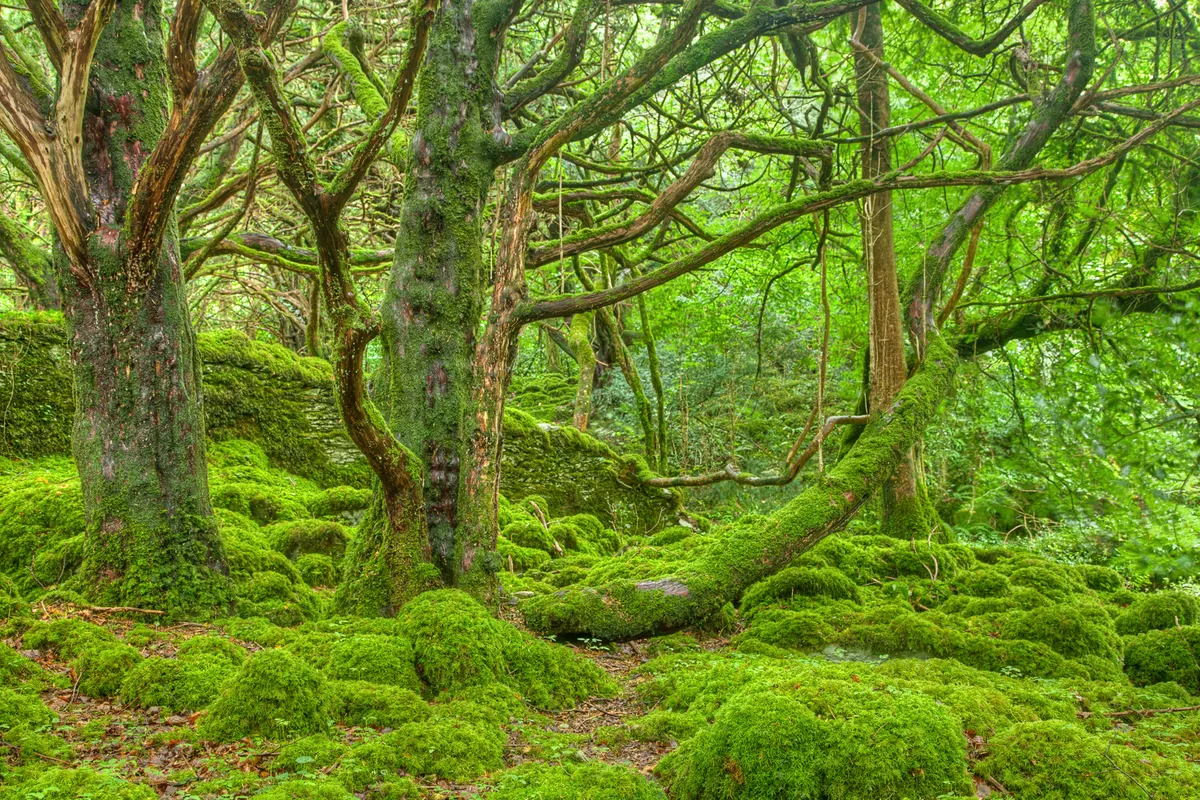Forests are an essential part of our planet's health and well-being, and they play a critical role in sustaining life on Earth. While we may be familiar with some of the more well-known facts about forests, such as their ability to absorb carbon dioxide and provide oxygen, many lesser-known facts make these ecosystems even more fascinating.
In this article, we will explore five of the most fascinating lesser-known facts about forests that you may not have known before.
Forests can "talk" to each other.
Did you know that forests are capable of communicating with each other through an underground network of fungi? This network, known as the "Wood Wide Web," allows trees to share resources and information, including warnings about insect infestations and other threats.
Forests are not just made up of trees.
While we often think of forests as being made up primarily of trees, they are actually home to a diverse range of other plants and animals. From shrubs and ferns to birds, insects, mammals, and reptiles, forests are incredibly complex ecosystems that support a wide variety of life.
Forests are home to some of the tallest and oldest living organisms on Earth.
Some of the tallest trees in the world can be found in forests, such as the Coast Redwood trees of California, which can grow up to 379 feet (115 meters) tall. Similarly, some trees in forests, like the Great Basin Bristlecone Pine, can live for up to 5,000 years, making them some of the oldest living organisms on Earth.
Forests have a unique impact on water cycles.
Forests can influence local and global water cycles in many ways, such as by reducing soil erosion and runoff, enhancing groundwater recharge, and increasing atmospheric moisture through evapotranspiration. Over 75% of the world's accessible freshwater originates from forested watersheds, making forests critical for maintaining a stable and reliable water supply.
Forests can help prevent disease outbreaks.
Forests provide important ecosystem services that can help reduce the likelihood of disease outbreaks. For example, forests can regulate the population size of disease-carrying insects, provide a habitat for natural predators of disease vectors, and increase the resilience of human populations through improved nutrition and livelihoods.
In conclusion, forests are complex and fascinating ecosystems that are essential for maintaining the health of our planet. From their ability to communicate with each other through the "Wood Wide Web" to their impact on water cycles and ability to prevent disease outbreaks, forests are truly remarkable. By protecting and preserving forests, we can ensure that they continue to provide the many valuable services that they do for generations to come.


Comments
Post a Comment